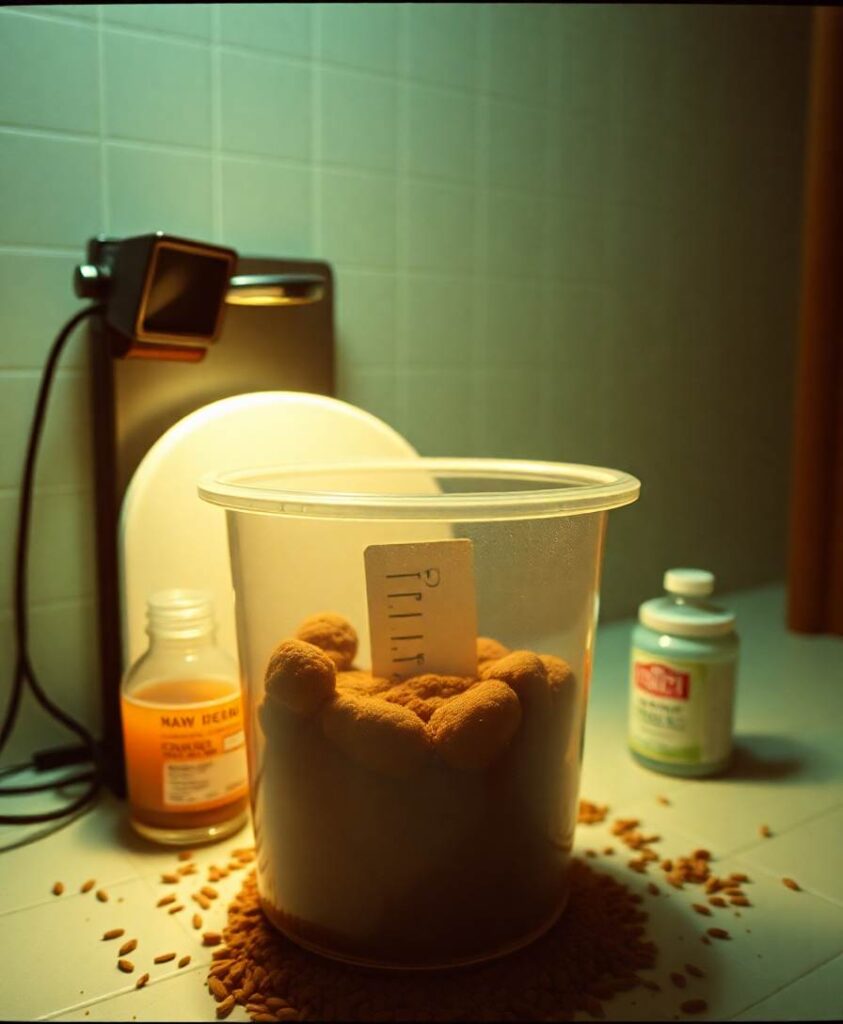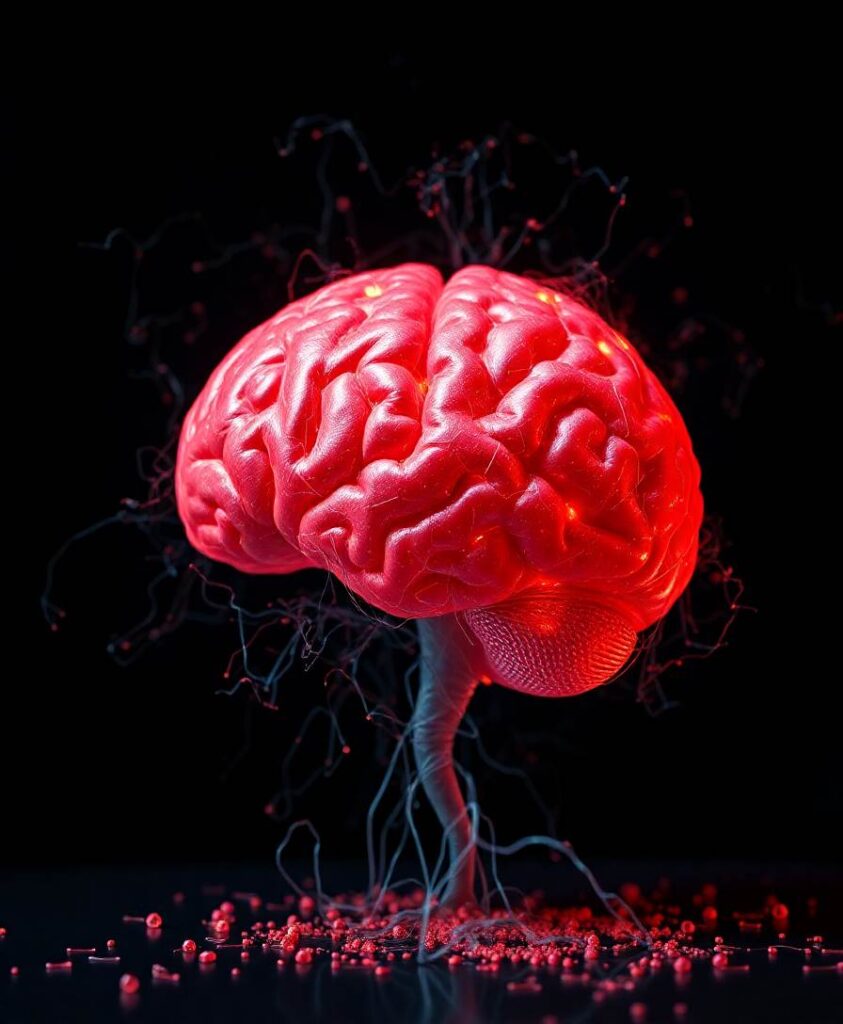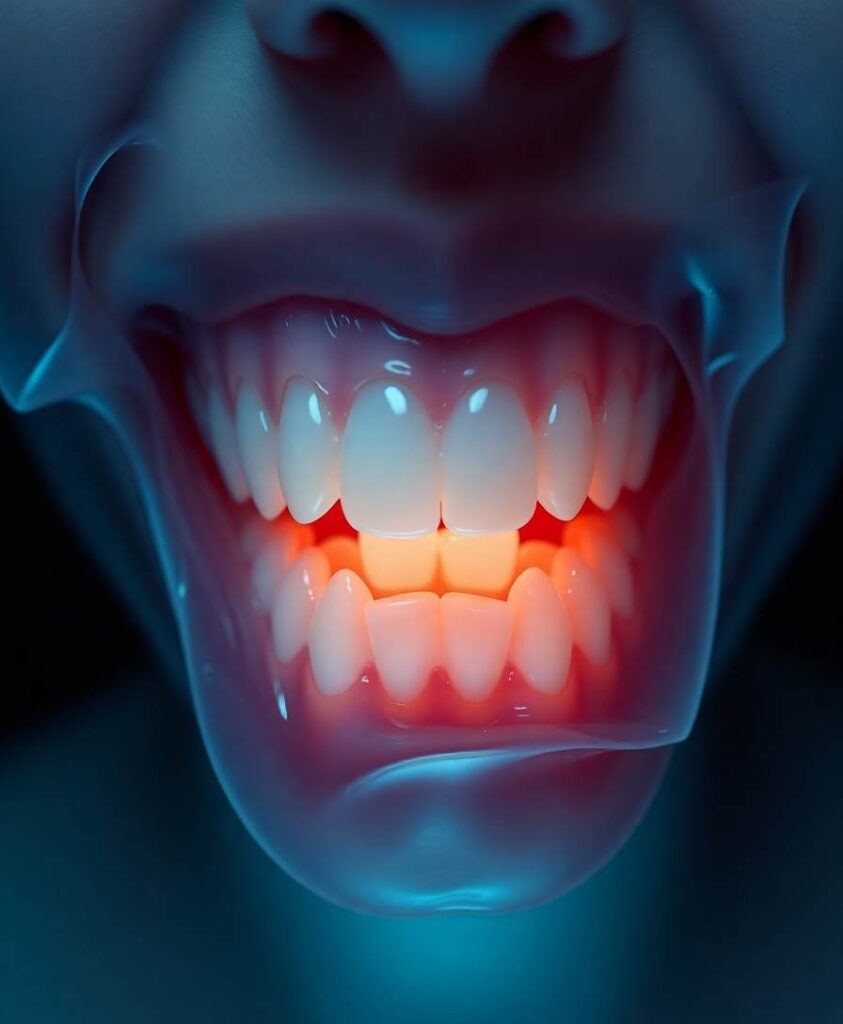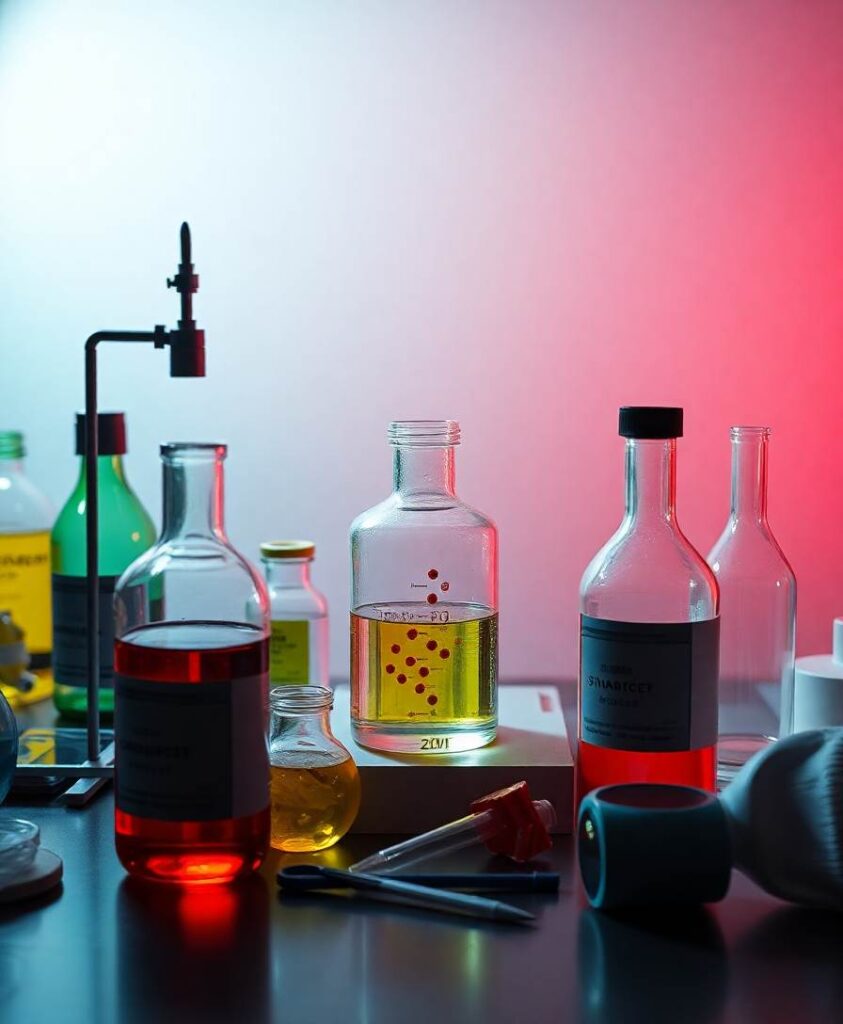This approach uses keratin from sustainable sources to create a mineralized layer that strengthens and shields enamel. Early results indicate the treated surface resists breakdown and recovers hardness in ways that current fluoride treatments do not. The work taps into materials we already discard and repurposes them for healing.

If this chemistry scales into everyday toothpaste or office treatments, dental care could shift toward regeneration rather than only prevention. The possibilities touch personal comfort, health equity, and waste reduction. Follow the full article to see how a protein from hair might change who benefits from dental advances and what comes next for making that promise real.
Scientists have found that keratin, the protein in hair and skin, can repair and protect tooth enamel. The material forms a mineralized layer that halts decay and restores strength, outperforming traditional fluoride. Made from sustainable sources like hair, it could soon be available in toothpaste or gels. The discovery could transform dentistry by turning waste into a powerful tool for regeneration.




